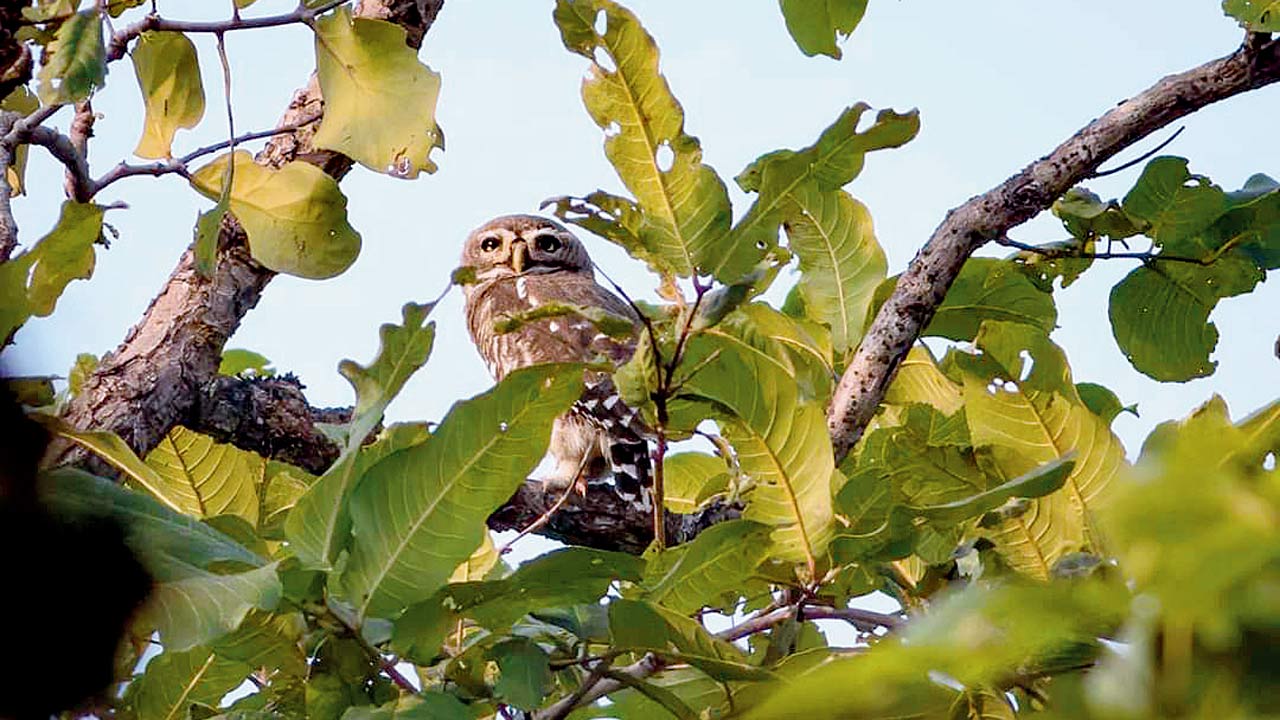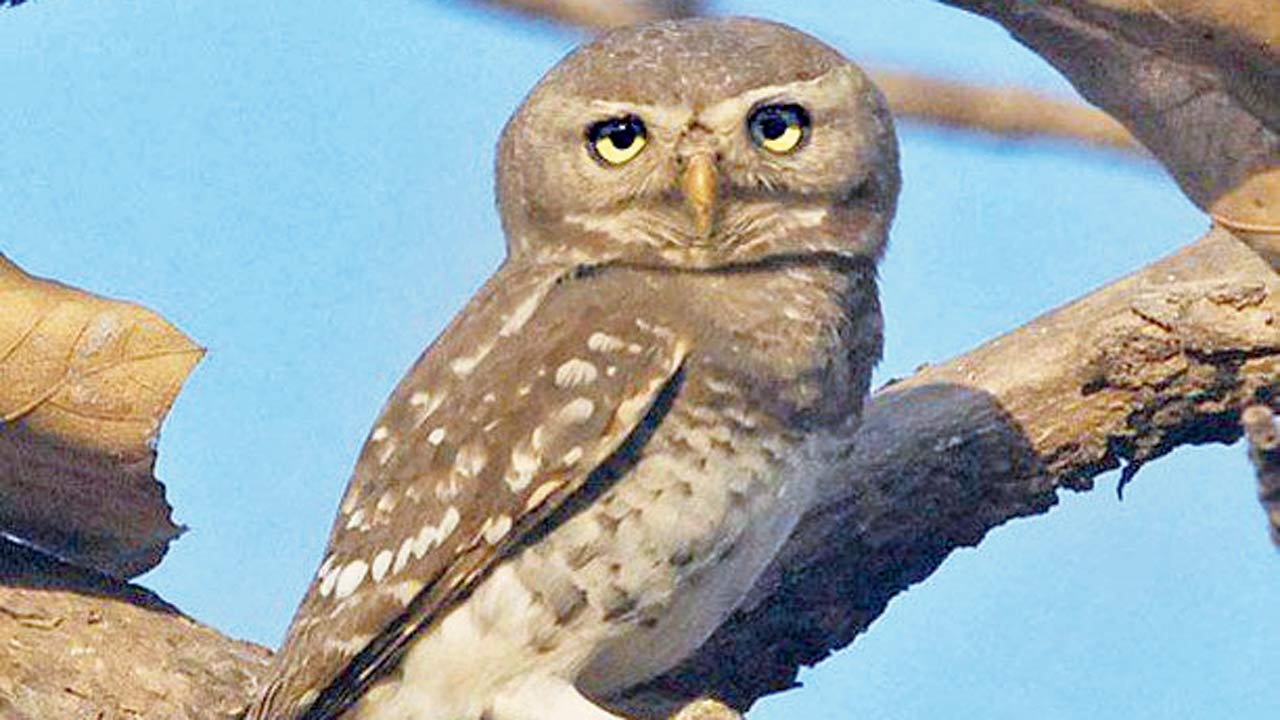A two-day nature walk off Atgaon will recall the curious resurrection of the forest owlet and highlight the need for local conservation

Representation pic
Who is as wise as an owl? We can tell who are not — large sections of humankind who have taken Hedwigs and Plops out of their fantastic lands and reduced them to props in magic and sorcery. When we chanced upon a nature walk conceived around the curious case of the forest owlet, whose alleged extinction and re-emergence is said to have the very ingredients of a murder mystery novel, a teensy part of our brains did link the mystification to folklore. Prachi Galange from Vanvasm, an ecological tour agency, dispels our doubts.
ADVERTISEMENT

Galange says walking in search of the forest owlet is a means to garner interest in conservation. “Population estimates report there are less than 1,000 individuals of this species in the wild. Our walk will survey the biodiversity of the area, but our focal point of discussion will be the history of the forest owlet. Catching sight of an animal or a bird, however common, can never be guaranteed. Yet, jungle trails don’t lose their significance. The purpose is to include local communities and make them aware that preserving nature’s creation can also help them earn their bread,” Galange explains, drawing attention to the mounting relevance of local tourism.

Tansa Wildlife Sanctuary
But what about murder mysteries and a scarce owl species? Galange, who has always been inclined to the variability of natural bounties, shares that the bird was first discovered in 1872 by a British officer called FR Blewitt (that’s where the name of the owlet is borrowed from). Due to long periods of zero sightings, the forest owlet was considered to have gone extinct, but after over a hundred years, Dr Pamela Rasmussen spotted the bird in Maharashtra’s Nandurbar district.

Prachi Galange. Pics/Instagram
“At around that time, she realised birders were going by an inaccurate description of the bird,” the tour curator adds. The trail that begins and ends at Atgaon railway station, will host fellow birders at Tansa guest house. While the first day will start with a brief bird-watching session followed by dinner, fun conversations and some leisure in the lap of nature, the second day of the trail will concentrate on calling out to the forest owlet. The third wave has discouraged a considerable footfall but the curators say, “We’ll go ahead with the few people who have signed up for this, and hope for better times.”
On: January 8 to 9
At: Tansa Wildlife Sanctuary, Palghar
Call: 9356547141
Cost: Rs 1,200
Fast Facts

The forest owlet (Athene Blewitti), is an endemic species found only in some forests of Central India — Nashik, Nandurbar, Melghat Tiger Reserve of Maharashtra; Burhanpur and Betul districts of Madhya Pradesh; and Purna Sanctuary, Navsari and Valsad districts of Gujarat.
>> In 2014, the owlet was spotted at Tansa Wildlife Sanctuary only a few hours away from Mumbai.
>> This endangered bird species is the 17th entry on the International Union for Conservation of Nature (IUCN) Red List of Threatened Species.
>> They look stocky and are usually small (23cm); if one has to differentiate a forest owlet from a spotted owlet, know that the former has fewer and fainter spots on its crown and back.
>> They are called the ‘big foot’ of the bird world for their large talons. The talons help them prey on animals twice their size.
>> Forest owlets aren’t shy during the day unlike most of their nocturnal relatives. They are diurnal and also, crepuscular (active during twilight hours).
 Subscribe today by clicking the link and stay updated with the latest news!" Click here!
Subscribe today by clicking the link and stay updated with the latest news!" Click here!







